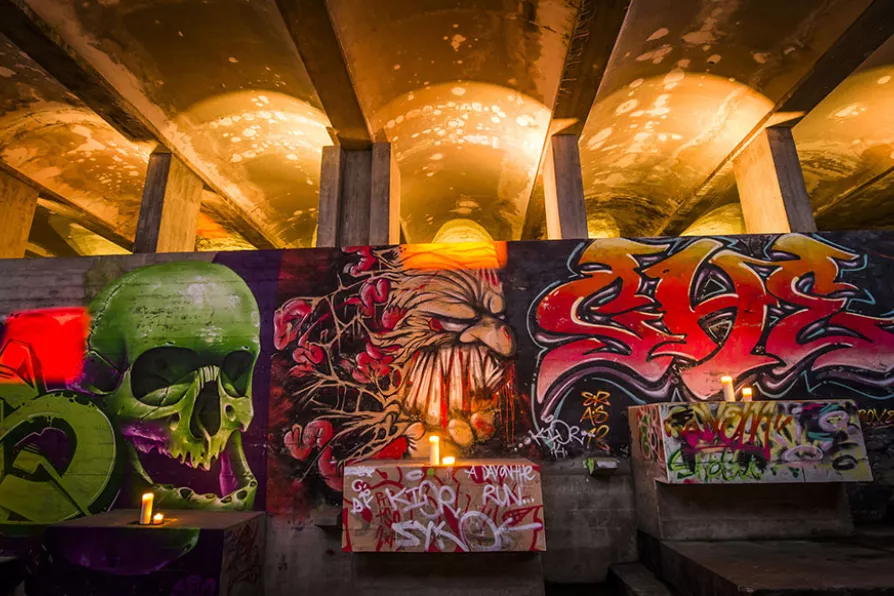Labour prospects in May elections may be irrevocably damaged by Birmingham Council’s costly refusal to settle the year-long dispute, warns STEVE WRIGHT
Welsh and Scottish culture sector on the rocks
A properly funded arts strategy is needed to create the infrastructure for creative industry to grow, argues BEN LUNN

 light and sound performance by public art charity NVA takes place at St Peter’s Seminary in Cardross, Argyll and Bute in 2016. The derelict building was turned into a permanent arts venue after the Heritage Lottery Fund and Creative Scotland pledged £4.2 million of funding
light and sound performance by public art charity NVA takes place at St Peter’s Seminary in Cardross, Argyll and Bute in 2016. The derelict building was turned into a permanent arts venue after the Heritage Lottery Fund and Creative Scotland pledged £4.2 million of funding
THE situation for the arts continues to get bleaker as Scotland and Wales have added another nail to their own proverbial coffins.
Last week the Arts Council of Wales (ACW) announced its list of organisations that would receive conditional grants, allocating a total of almost £30 million funding from Welsh government and the National Lottery.
The dropping of Mid-Wales Opera and National Theatre of Wales from its list was alarming as they have been vital stepping stones for Welsh artists to get their work tried and tested.
Similar stories

BEN LUNN alerts us to the creeping return of philanthropy and private patronage, and suggests alternative paths to explore

From Labour MPs obsessing over Easter egg shapes to SNP ministers celebrating pay rises while marking zoo animals’ arrivals, Scottish politics is really deteriorating, says COLL McCAIL












